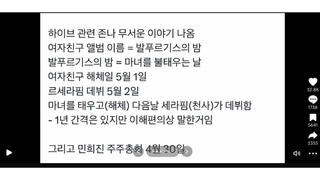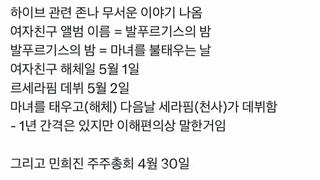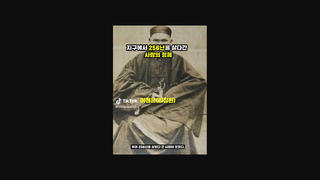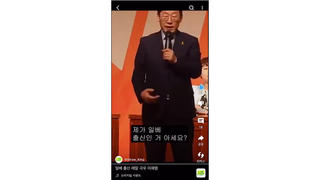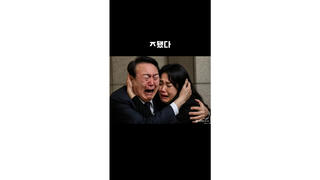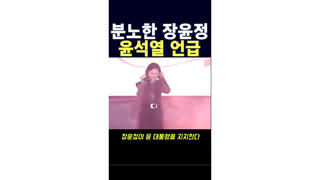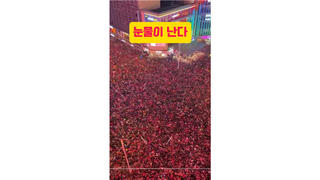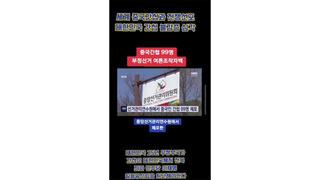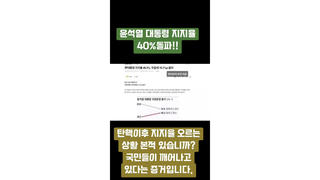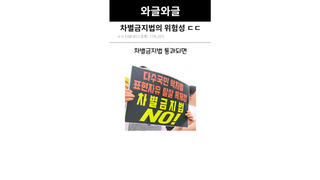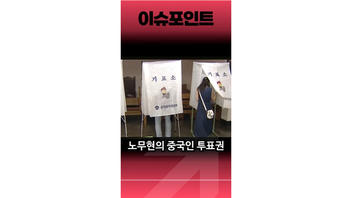
Did former South Korean President Roh Moo-hyun grant voting rights to Chinese people intending to favor liberals? No that's not true: The concept of granting voting rights to foreigners in local elections originated from diplomatic pressure exerted on Japan.
The claim appeared in a video (archived here) which was published on TikTok by @issuepoint (archived here), on March 25, 2024, under the Korean title "노무현이 시작한 중국인 투표권," translated into English by Lead Stories staff as: "Roh Moo-hyun started the election rights for Chinese people." It opened, as translated:
Out of 120,000 foreigners with election rights, Chinese people are 90,000, 80%. Do you think Roh Moo-hyun did not know this when he said, let's do this?
This is what the post looked like on TikTok at the time of writing:
(Source: TikTok screenshot taken on Sat Mar 30 07:07:51 2024 UTC)
By 2005, both the government and the parliament had decided to grant eligibility to vote in local elections to foreigners holding permanent residency. This decision occurred during the presidency of Roh Moo-hyun, who served as the President of the Republic of Korea from 2003 to 2008. According to the Public Official Election Act (archived here) (English translation provided on the Korea Legislation Research Institute's website):
Article 15 (Right to vote)
[...]
(2) Any person of 18 years of age or older who falls under any of the following as of the base date for preparation of the official list of eligible voters under Article 37 (1) shall have the right to vote in elections of local council members and the head of the local government in the relevant district. [...]
3. Any person who is enrolled in the register of foreigners of the relevant local government pursuant to Article 34 of the Immigration Act as a foreigner for whom three years have passed after the acquisition date of qualification for permanent residence under Article 10 of that Act.
Under the Act, foreign nationals who have held permanent residency for the past three years possess the right to vote in local elections.
Despite the decision being made 19 years ago, in 2005, the right has remained a subject of jingoistic rhetoric (archived here). Conservative politicians argued for the abolition of the right, citing statistics indicating that around 78 percent (archived here and here) of permanent residency holders are Chinese. This rhetoric stirs anti-Chinese sentiment among Koreans.
Some conservative supporters took it a step further, accusing liberals of being "pro-China" and alleging that they intentionally granted local election rights to Chinese people, knowing it would benefit them in elections. However, multiple studies (archived here and here) confirm that the policy was originally proposed in the 1990s as a way to exert pressure on Japan. This was aimed to encourage Japan to advocate for the rights of Jainichi Koreans, a minority in Japan with Korean ancestry. Many Jainichi Koreans migrated to Japan between 1910 and 1945 during Japan's colonial rule over Korea. Despite living in Japan for generations, they still identify as Korean rather than Japanese due to historical reasons. Since the 1990s, the South Korean government has been urging Japan to extend voting rights to Jainichi Koreans, and granting voting rights in local elections to foreigners with permanent residency in South Korea was intended to exert pressure on Japan in this regard.


